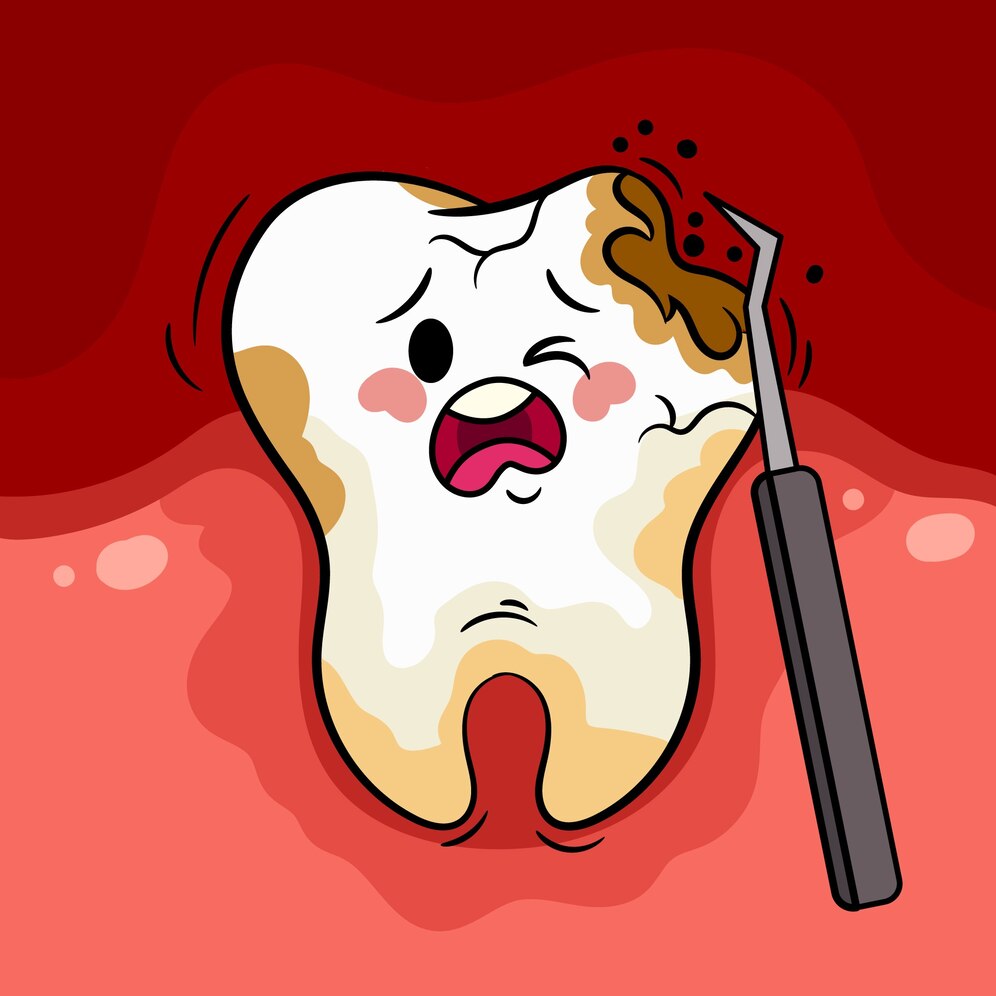Anyone who has experienced intense tooth pain knows how debilitating it can be. While tooth decay is the primary culprit behind most severe toothaches, particularly when cavities reach the nerve endings, this condition doesn’t develop overnight. It’s often the result of our daily habits – from eating patterns and oral hygiene routines to postponing regular dental check-ups. When decay penetrates deep into a tooth’s nerve cavity, it can trigger pain so intense that it disrupts daily life.
Warning Signs of Tooth Decay

Tooth decay is a common issue that many individuals strive to avoid, as it can lead to additional health problems. Research indicates that more than 70% of people who experience tooth decay or cavities do so due to everyday habits. It’s essential to be aware of the warning signs to prevent further complications.
In the early stages of tooth decay, symptoms may be subtle and harder to detect compared to other oral health issues. You might notice gray, black, or white spots beginning to appear on your teeth. We encourage everyone to be vigilant and look out for the following warning signs of tooth decay:
- Experiencing toothache when chewing or having a persistent toothache.
- Observing holes in your teeth that are visible.
- Noticing bleeding while brushing your teeth, which could indicate tooth decay or gum disease. This symptom warrants a more detailed examination.
- Seeing black spots on your teeth or noticing changes in their color.
Tooth decay, also known as dental cavity decay, can become a serious issue when it progresses to the point of penetrating the dental pulp. This severe decay may result in problems such as tooth wear, cracked teeth, or teeth that have broken down to the dental pulp. In these cases, professional dental treatment is necessary. Possible treatments include root canal therapy, dentures, and braces.
Causes of toothache
Of course, it’s not just tooth decay that is commonly found, but toothache can be caused by many reasons, such as:
Wisdom teeth
Many people may not know or understand much about wisdom teeth. Wisdom teeth, as we know them, are teeth that do not fully emerge or emerge in an abnormal position, causing toothache, swollen gums, bad breath, or other symptoms, depending on the individual. They usually emerge between the ages of 17 and 25.
Cracked teeth/broken teeth
Cracked or broken teeth can also cause toothache. These problems are caused by biting hard objects or accidents. Therefore, dental treatment should be performed as soon as possible to prevent other problems or risks that may follow.
Periodontal disease
Periodontal disease or gum disease is an inflammation of the tissue and bone supporting teeth. In addition to toothache, swollen and red gums, loose teeth, or pus, the severity of this disease is that, if left untreated, it can lead to tooth loss.
How can I relieve toothache initially?
If you have a sudden toothache or are not ready to see a dentist right away, today we will introduce you to some simple ways to relieve toothache, as follows:
- Rinse your mouth with warm salt water. This solution can help reduce inflammation and kill bacteria. Mix about 1 teaspoon of salt in a cup of warm water and rinse your mouth for 30 seconds.
- If you experience swelling, wrap ice in a cloth and apply it to your cheeks. This can help reduce swelling and slow down inflammation.
- Use pain relievers like ibuprofen or paracetamol to alleviate discomfort. Be sure to use them carefully and follow any recommendations provided by a pharmacist.
- Consider using clove oil, which contains eugenol and may help relieve toothache. Soak a cotton ball in the clove oil and apply it directly to the aching tooth.
How to relieve severe toothache
Toothache is a troublesome issue that can affect people of all ages. If you experience a toothache or have a cavity, it can significantly impact your daily life. In fact, your favorite meals may not taste as enjoyable as they once did. Therefore, it’s important to address toothaches and cavities as soon as possible!
It’s important to acknowledge that if your toothache or cavity is severe—especially if it has penetrated the nerve—seeking treatment from a qualified dentist is the best course of action. Dental procedures designed to relieve toothaches and address severe dental issues include:
Dental fillings
Dental fillings are treatments and solutions for dental caries in cases where tooth decay is not too serious. They prevent tooth decay from getting worse and reaching the pulp cavity.
Root canal treatment
In cases where tooth decay has reached the pulp cavity, the best solution is root canal treatment to reduce infection.
Tooth extraction
If the tooth decay is too severe to be treated, it may need to be extracted to prevent other teeth from being damaged. In some cases, the extracted tooth may require gum surgery or other dental work.
How to Maintain Oral Hygiene to Prevent Tooth Decay
No one wants to experience tooth decay or other oral health issues, as treatment can be time-consuming and expensive. Here are some effective ways to maintain your oral health and prevent tooth decay.
Oral Hygiene
The best way to prevent various oral problems is by maintaining good oral hygiene. Make sure to brush your teeth properly using a toothbrush with soft bristles to minimize irritation in your mouth. Choose toothpaste that contains fluoride, which helps protect against decay. It is essential to brush your teeth at least twice a day. Additionally, don’t forget to floss and use mouthwash to keep your mouth clean and healthy.
Regularly check your oral health
It’s important to visit your dentist every six months for a dental checkup and cleaning. This routine is essential because tartar buildup can lead to tooth decay, bad breath, and other oral health issues.
Avoid behaviors that cause tooth decay
Certain habits can increase your risk of tooth decay. These include consuming sweet foods, sugary drinks, and acidic beverages like soft drinks and alcohol. Try to limit these items in your diet to maintain better dental health.
Summary
Maintaining regular dental care and good oral hygiene is essential for achieving optimal oral health. It can help reduce the likelihood of toothaches, which can unexpectedly disrupt your daily life. Most importantly, consistent care for your teeth is crucial for maintaining strong dental health.
If you would like to consult with a specialist dentist about oral and dental health issues, please reach out to the Dental Design Center. We are a dental clinic located in Pattaya, offering a range of services, including braces, dental implants, and various comprehensive dental treatments.

